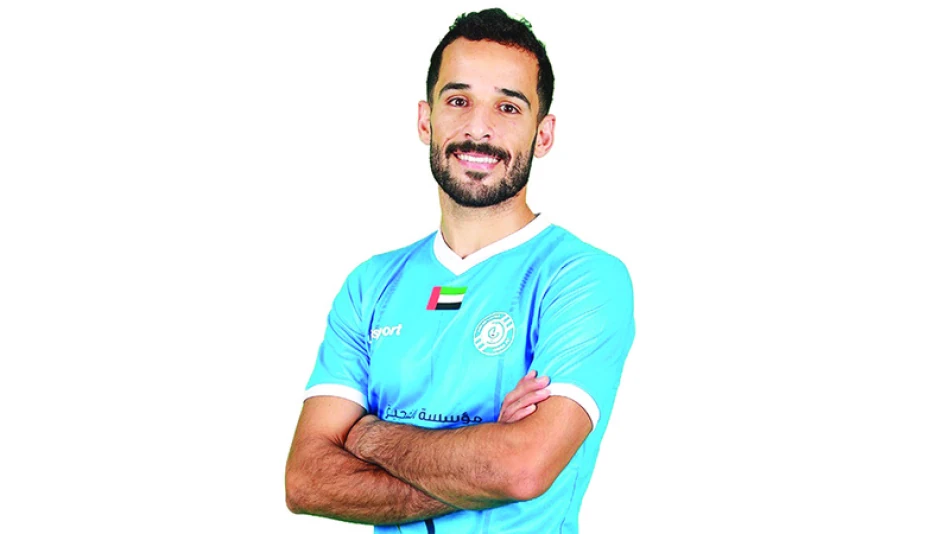
Jordan and Russia Face Off in Groundbreaking Inaugural Match
Jordan's Historic World Cup Journey Begins with High-Stakes Russia Friendly
Jordan's national football team faces a critical test today as they take on Russia in Moscow, marking their first international friendly since achieving the historic milestone of qualifying for the 2026 FIFA World Cup. This match represents more than preparation—it's a statement of intent from a nation that has transformed from regional underdog to Asia's most surprising World Cup qualifier.
Breaking New Ground in International Football
The fixture against Russia at Spartak Moscow stadium carries special significance as the first-ever meeting between these two nations. For Jordan's "Al-Nashama" (The Brave), this represents an opportunity to test themselves against higher-ranked opposition while building momentum toward their World Cup debut in North America.
Under Moroccan coach Jamal Sellami's guidance, Jordan finished second in their Asian qualifying group behind South Korea, securing automatic qualification ahead of traditional powerhouses Iraq, Oman, Palestine, and Kuwait. This achievement made Jordan the first Arab nation to officially qualify for the 2026 tournament.
Strategic Timing and FIFA Rankings Impact
The timing of this friendly is particularly astute from a FIFA rankings perspective. Russia currently sits at 35th in the world rankings compared to Jordan's 64th position. A positive result could provide valuable ranking points as Jordan seeks to establish itself among football's emerging nations ahead of their World Cup debut.
Russia's isolation from official competitions for over two years due to international sanctions makes this fixture even more intriguing. Both teams are operating outside the normal competitive framework, creating an unpredictable dynamic that could favor Jordan's momentum.
Squad Depth Reflects Growing Ambitions
Sellami has assembled a full-strength squad featuring key overseas-based players including striker Musa Al-Taamari from French club Rennes and defender Yazan Al-Arab from Seoul FC in South Korea. The inclusion of experienced goalkeeper Yazid Abu Layla alongside emerging talents demonstrates Jordan's blend of proven performers and future prospects.
The coach has also integrated promising young players such as Mohammed Abu Al-Nadi, Aref Al-Haj, and Rizq Bani Hani, signaling a long-term vision that extends beyond the immediate World Cup preparation.
Regional Context and Arab Football's Evolution
Jordan's qualification success reflects broader changes in Asian football's competitive landscape. While traditional powers like Japan, Iran, and Australia secured their expected places, Jordan's breakthrough alongside South Korea, Uzbekistan demonstrates the region's increasing depth.
The upcoming FIFA Arab Cup in Qatar (December 1-18, 2025) will provide another crucial testing ground. Jordan has been drawn in Group 3 alongside UAE, Egypt, and either Kuwait or Mauritania—a challenging group that will test their credentials against established Arab football nations.
Building Toward 2026: The Bigger Picture
This Russia friendly, followed by a home match against Dominican Republic on September 9th, forms part of Jordan's strategic preparation for their World Cup debut. The approach mirrors successful qualification campaigns by other smaller nations who used targeted friendlies to build confidence and tactical cohesion.
For a country with limited football infrastructure compared to regional rivals, Jordan's success story could inspire similar nations while potentially attracting increased investment in domestic football development. Their World Cup participation will bring unprecedented global exposure and revenue opportunities.
Today's match in Moscow represents more than preparation—it's the beginning of Jordan's journey from regional surprise to global participant, with implications that extend far beyond the football pitch.
Most Viewed News

 Sara Khaled
Sara Khaled






